About Columbus Behavioral Center for Children and Adolescents
Columbus Behavioral Center for Children and Adolescents is a top-tier rehabilitation facility that offers a variety of services to patients. Some of these services include dual diagnosis, young adult rehab, inpatient rehab, cognitive behavioral therapy, dialectical behavior therapy, individual therapy, group therapy, family therapy, and trauma therapy. The staff at Columbus Behavioral Center is highly trained and experienced in treating patients with mental health disorders. In addition, the center has a beautiful and serene setting that is perfect for patients who are looking to get away from the hustle and bustle of their everyday lives.
Addiction Treatment Programs
Dual Diagnosis
When you have a dual diagnosis, you have mental health and substance use concerns. It’s important to choose a rehab in Indiana that can treat both. Along with traditional evidence-based substance use treatment, clients may receive mental health counseling, medication, peer support, and other tools to help them manage their mental health.
Young Adult Rehab
Young adult rehabs in Indiana help young people overcome substance use and learn new life skills. Along with traditional evidence-based treatment, clients may receive educational support, employment training, and help securing housing.
Insurance Coverage
Self-pay options
Paying for rehab in Indiana can be done a number of ways, including self-pay. When you pay on your own, you can write a check, send money electronically, or use a medical loan. Check with the center for the fee structure, which may vary based on the level of care.
Levels of Care
- 1
Inpatient Rehab
If you want or need to focus on recovery without distractions, consider inpatient treatment in Indiana. Residential treatment allows you to build new relationships and begin to learn how to enjoy life without substance use.
Therapies
Cognitive Behavior Therapy
Cognitive behavioral therapy in Indiana can help you challenge the thoughts behind your emotions and actions. CBT is a common part of evidence-based treatment programs and may be a part of inpatient treatment, outpatient care, or both. CBT can be empowering as you learn to manage your thoughts and emotions rather than being overwhelmed by them.
Dialectical Behavior Therapy
Dialectical behavioral therapy in Indiana can help you build confidence and develop healthy coping skills. DBT is a common part of evidence-based treatment programs and may be a part of inpatient treatment, outpatient care, or both.
Individual Therapy
Individual therapy in Indiana is led by a professional therapist who talks to you about your specific experiences and emotions. Individual therapy is a common part of both inpatient and outpatient substance use treatment and may be used to help with skill-building, overcoming trauma, and creating a substance-free lifestyle.
Group Therapy
During group therapy in Indiana, clients have a safe environment to share their struggles with others going through similar issues. Group therapy is a normal part of evidence-based treatment programs, and may be a part of inpatient treatment, outpatient care, or both. Topics include addiction education, sharing of experiences, and learning new skills.
Family Therapy
During family therapy in Indiana, clients have a supportive environment to talk with family members about conflict and unhealthy behaviors that may trigger substance use. Some of the topics covered in family therapy include improving communication, developing healthy coping skills, avoiding codependency and enablement, and learning to support each other in healthy ways that foster recovery from addiction.
Trauma Therapy
If you struggle with addiction in Indiana, it’s common to feel like no one understands what you’ve been through. Trauma-informed therapy can help you find professional help addressing your past and creating a healthier response going forward. Trauma-informed therapy sessions generally last 60 to 90 minutes and may include discussing a specific event, talking about emotional triggers, and learning emotional regulation and cognitive restructuring skills.
Accreditations
Location
Contact Columbus Behavioral Center for Children and Adolescents
Top Drug Rehab Centers in Indiana
-
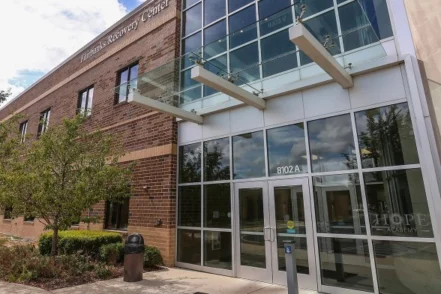 Indiana
IndianaCommunity Fairbanks Recovery Center
8102 Clearvista Parkway Indianapolis, Indiana 46256
-
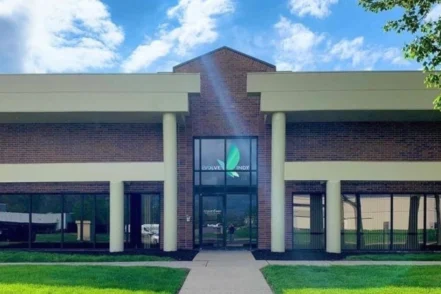 Indiana
IndianaEvolve Indy
8770 Guion Rd, Suite B Indianapolis, Indiana 46268
-
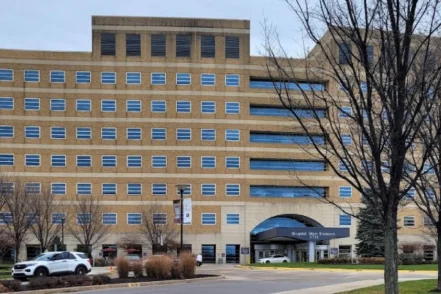 Indiana
IndianaIU Health Methodist Hospital Indianapolis
1701 North Senate Blvd. Indianapolis, Indiana 46202
-
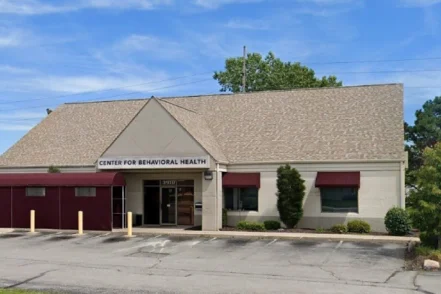 Indiana
IndianaCenter for Behavioral Health Fort Wayne
3910 Lima Road Fort Wayne, Indiana 46808
-
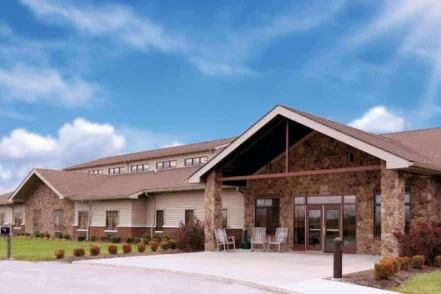 Indiana
IndianaBrentwood Springs
4488 Roslin Road Newburgh, Indiana 47630
-
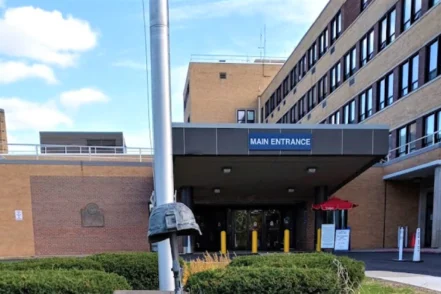 Indiana
IndianaVA Northern Indiana Health Care System Fort Wayne Campus
2121 Lake Avenue Fort Wayne, Indiana 46805
-
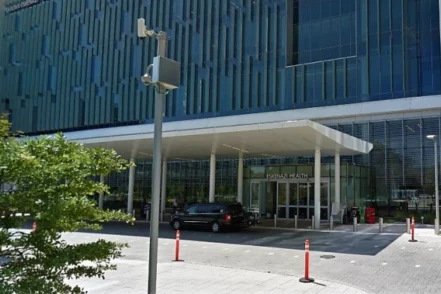 Indiana
IndianaSandra Eskenazi Mental Health Center Eskenazi Avenue
720 Eskenazi Avenue Indianapolis, Indiana 46204
-
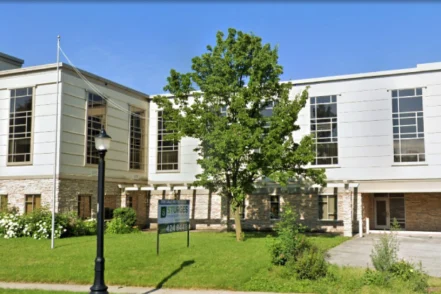 Indiana
IndianaAvenues Recovery Center at Fort Wayne
2626 Fairfield Avenue Fort Wayne, Indiana 46807
-
 Indiana
IndianaAlcohol and Addictions Resource Center
818 East Jefferson Boulevard South Bend, Indiana 46617
-
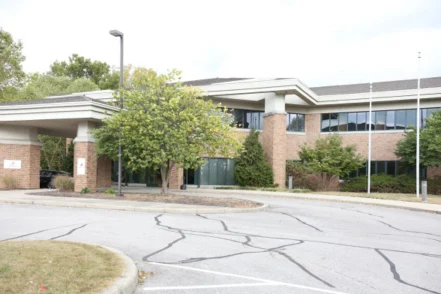 Indiana
IndianaLandmark Recovery Indianapolis
6330 Digital Way Indianapolis, Indiana 46278
